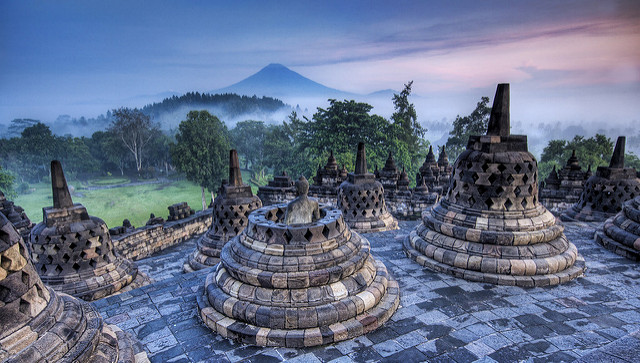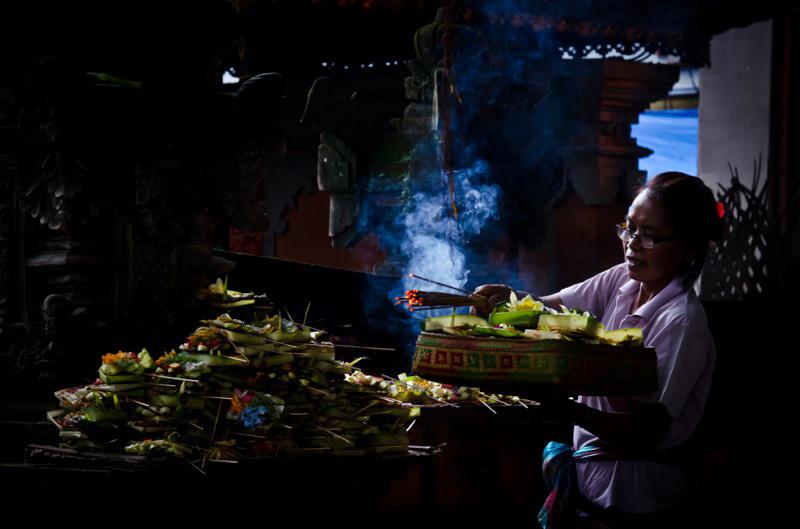Stretched like a girdle around the earth between Papua New Guinea to the east, and out past Malaysia on the western end, Indonesia’s 255 million people make it the world’s fourth most populous country and – with its enormous agricultural productivity and mineral wealth – one of the most bountiful too. Despite this, Nusantara (as many Indonesians still call the archipelago) regularly fails to punch at its weight on the world stage. So, to rectify the planet’s attention deficit, we’ve compiled random 19 things you ought to know about the 18,000 island nation.
1. Its capital, Jakarta, tweets more than any other city on earth.
2. Indonesians have a talent for confecting fuzzy philosophies, phrases and words that can be turned to any purpose. Perintis boats, for example, mean ‘pioneer’ vessels, which is a polite way of saying the boat is going to nowhere anybody wants.
3. Rice in Indonesia goes from being padi in the field, to beras at the market and nasi on the plate.
4. Greater Jakarta is home to more than 30 million people, the second largest urban settlement in the world after Greater Tokyo.
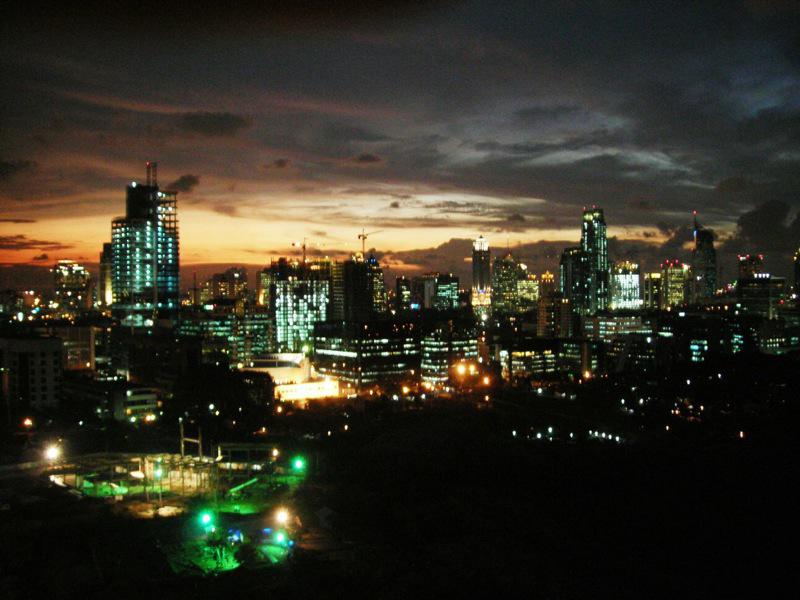
5. There are different verbs for killing different animals. Buffalo and pigs are slashed (potong), if chickens are killed for omen-checking they’re parted (belah), whereas dogs are bludgeoned (pukul).
6. The Venetian merchant Marco Polo was the first European on record to visit Indonesia in 1292.
7. Strangers often address one another in kinship terms. Ibu for mother, shortened to ‘bu’, bapak for father, shortened to ‘pak’, mbak for young lady, and finally mas for young man.
8. Government likes to convert beauty spots into obyek wisata (objects of tourist interest), covering areas with concrete, tables and archways.
9. Few Indonesians emigrate, instead most migrate within Indonesia, and these are mostly Javanese.
10. Indonesians usually refer to their colouring in coffee-based terms (hitam manis = black with sugar, kopi susu = milky coffee).
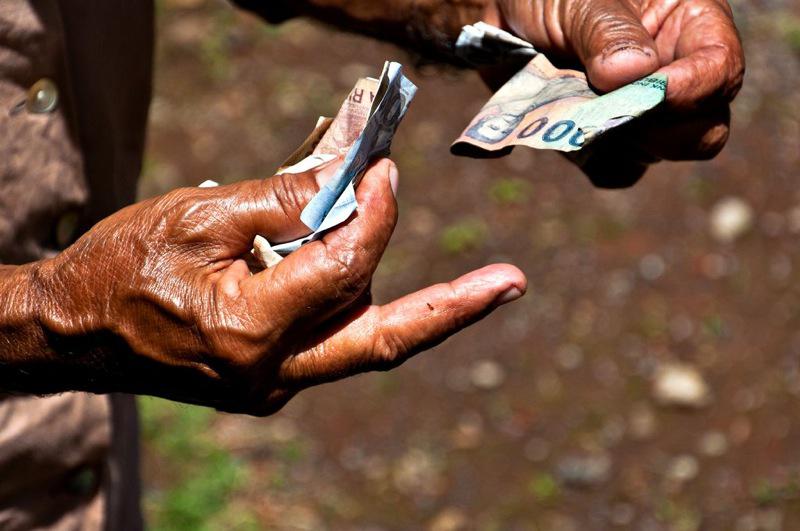
11. One of most decentralized countries in the world, thanks to President Habibie, fearing Aceh and Papua would go the same way as East Timor (i.e. towards independence), Indonesian power typically bypasses provincial-level government.
12. Visitors may hear people referring to the ‘four D’s’. It’s a phrase that’s usually used when describing the attitude of those in government and stands for: Datang, Duduk, Diam and Duit (Show up, sit down, shut up and collect your salary). There’s also the UUD, an an acronym that can either refer to the constitution (undang undang dasar) or, rather darkly mean that ‘it’s all about the money’ (ujung ujungnya duit).
13. Public transport often lacks a departure time in Indonesia, instead it leaves when there are enough passengers to make a profit.
14. Indonesia contains around 120 active volcanoes.
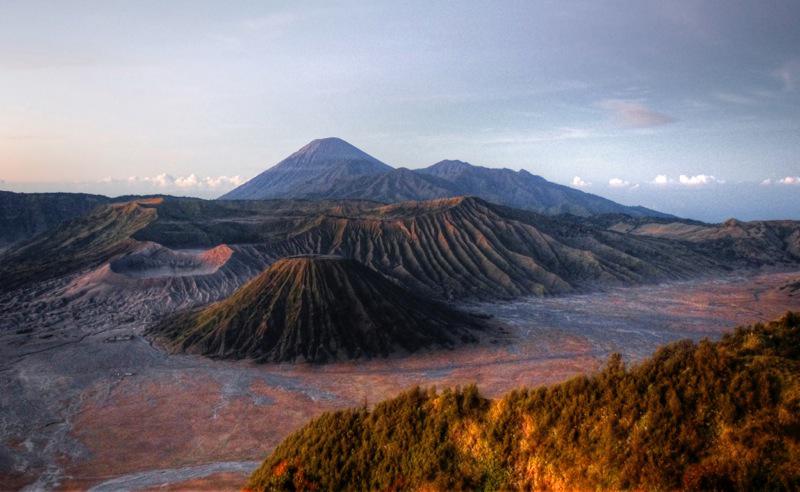
15. Hobbits used to live in Indonesia. Or at least the rather undersized Homo Floriensis – a species of man that once flourished alongside Homo Erectus.
16. Indonesians are typically optimistic. ‘Kami di manja bumi’ is an oft’ repeated phrase meaning that Mother Earth has spoiled the people.
17. Indonesia has more known gold reserves than anywhere else on the planet.
18. Indonesia is one of few countries in the world to adopt neither the language of its former colonial power (Dutch) or its largest or most powerful group of speakers (Javanese), instead adopting a trader’s form of Malay, now known as Bahasa Indonesia. A mother tongue, only 20 percent speak it at home, with people usually preferring to use local dialects instead.
19. The temple of Borobudur in Java is the largest Buddhist monument in the world. Topped with stupa and resembling a nine-tiered mountain, the 9th century masterpiece is still used for pilgrimages today.
